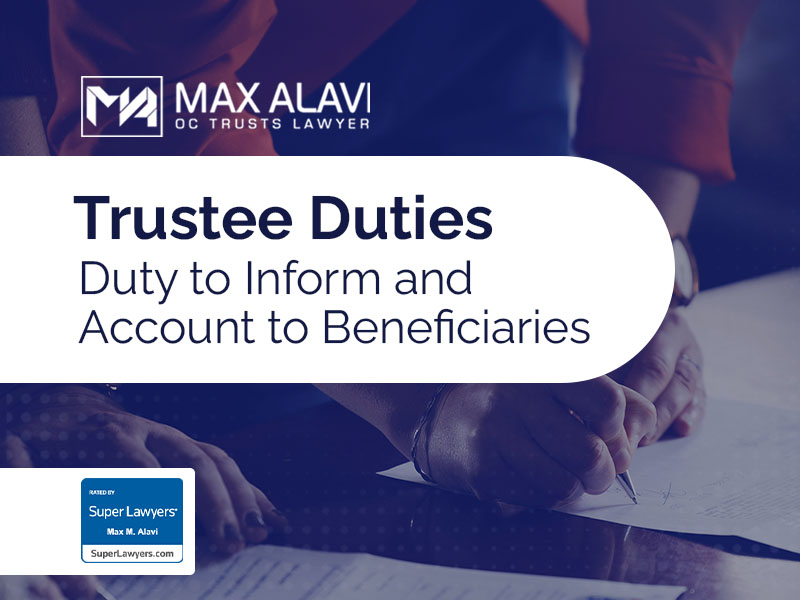Statistics show that roughly two thirds of Americans do not have an estate plan in place. Even if you’re in the minority of people who do have an estate plan, it’s possible that your estate plan lacks critical components. It’s crucial to review your estate plan regularly, updating and revising it as needed. As you do so, ensure you consult with an estate planning attorney who can help you identify any missing elements.
Does Your Estate Plan Have Back-Up Decision Makers?
For example, one element that’s missing from many estate plans is a list of alternate decision makers. Simply put, your estate plan should include people you trust to carry out your preferences, should you die, become incapacitated, or otherwise be rendered unable to voice your own wishes.
Some examples of backup decision makers to include in your estate plan are:
- Personal representative: Your personal representative is the person you appoint to administer your estate through the probate process, following your death.
- Trustee: Your trustee is the person you appoint to manage your trust’s money and other material assets.
- Guardian: Select someone to be your legal appointee to care for your children, should you die or become incapacitated. This includes adult children who may be disabled or otherwise unable to care for themselves.
- Power of attorney agent: This is the individual to whom you grant legal authority to handle medical or financial affairs on your behalf, acting with your best interests in mind should you ever become incapacitated.
Choosing these decision makers is not something to do lightly or casually. The individuals you name for these roles will exercise considerable control over your affairs, and they’re people you should choose based on their trustworthiness, their responsibility, and their commitment to act in your best interests. Also keep in mind that you may have a situation in which the person you chose can’t fulfill the role for which they’re named, for any number of reasons; as such, most estate planning lawyers recommend listing a primary person and a couple of alternates for each position.
Make certain that you regularly reevaluate your choice of decision maker, including back-ups, so that there is no big failure in the chain of command, leaving your crucial estate planning or end-of-life decisions to the whims of the courts.
Does Your Estate Plan List Contingent Beneficiaries?
Beneficiaries are the individuals named in your estate plan to inherit your assets, including payments from retirement accounts or insurance policies. Upon your death and the administration of your estate, these assets will either be distributed to your named beneficiaries or managed on their behalf. But remember, there may be occasions when you need to have a contingent, or backup beneficiary.
Examples include:
- Your primary beneficiary dies before you do.
- Your primary beneficiary cannot be located.
- Your primary beneficiary declines their inheritance.
Naming a contingent beneficiary ensures that your assets are not simply passed on according to the whims of the state, but instead go to a person you’ve chosen.
Take a Fresh Look at Your Estate Plan
In developing an estate plan, you always want to cover all contingencies, naming backup decision makers as well as beneficiaries. This is something that’s easy to overlook, so make it a priority to review your estate plan with a qualified estate planning lawyer. Max Alavi APC, OC Trusts Lawyer is an estate planning, probate, trust administration, and litigation law firm serving clients in Southern California. Schedule a consultation today.






